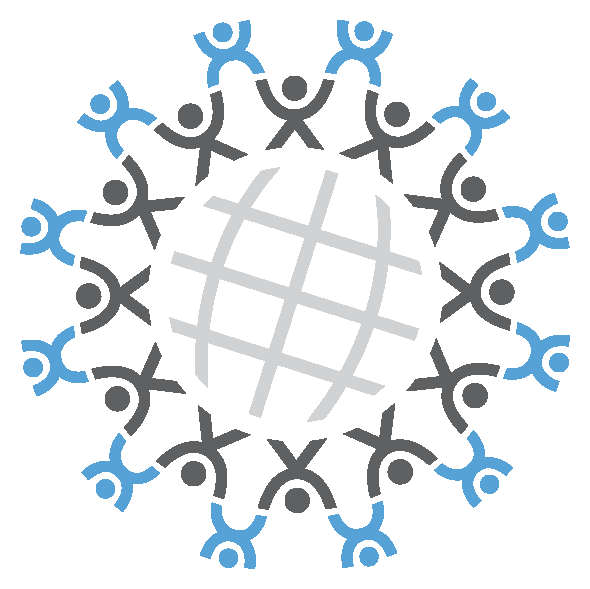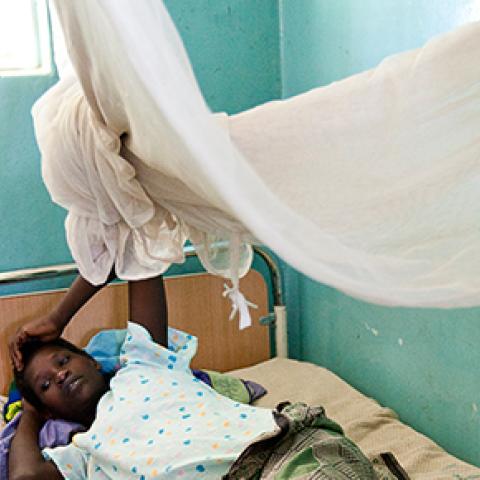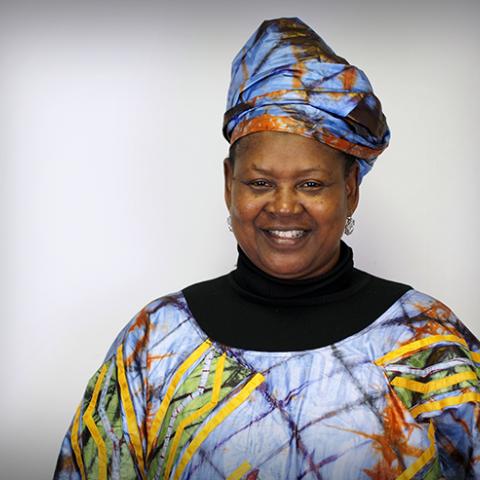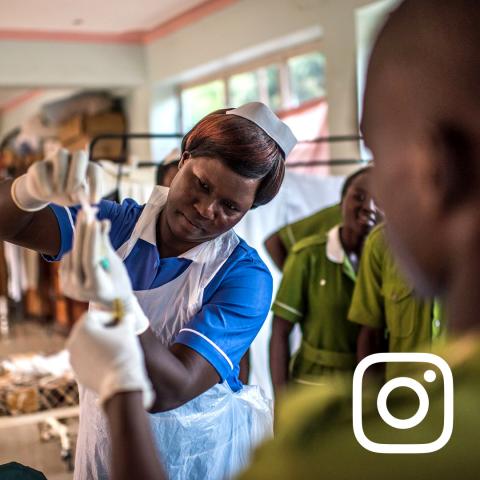Mothers Can Make All the Difference in the Health of Their Children—and of Their Communities
A Tanzanian woman named Teereza teaches her son to take ownership of his health, just like my mother did with me.A Day in the Life of a Rural Midwife
Officially, Jane’s work hours are 8:00 AM to 5:00 PM. In reality, she never knows when she will start or finish. She is on call 24/7.
You’re Not a Fraud, You’re an Innovator
What happens when you put a bunch of experts and creative non-experts in a room together? Answer: Big ideas are born.
This Labor Day, Let’s Hear It for Health Workers
Today is Labor Day for many countries around the world. And plenty of frontline health workers are at work despite the national holidays, laboring for our global health and well-being.
Makers, Mobile Phones, and Malaria: 5 Favorite Moments from Day 2 of SwitchPoint 2014
Couldn’t make it to the second and final day of SwitchPoint 2014, but still want to be inspired by some of the biggest ideas in global health? These highlights are just for you.
From Hackers to Health Care: 5 Favorite Moments from Day 1 of SwitchPoint 2014
We covered a lot of ground for global good at SwitchPoint today. In case you couldn’t join us, here are some highlights.
As the Country’s Newest Innovation Hub, NC Must Stay Ahead of the Curve in Global Health
Join us at SwitchPoint to show the world why North Carolina deserves to be called a hub for innovation.
Imams in Senegal Are Not against Family Planning
In Senegal, we have not been brainwashed by international donors to support family planning. Our primary interest is the well-being of the people of our country.After a Lifetime on the Ground, a Day in the Clouds
We sat down with Fatimata Touré to find out what it’s like to be an International Woman of Courage, how the award will change her life, and whether reconciliation is possible in war-battered northern Mali.
Thank a Health Worker — Unsung Heroes of Global Health
We often forget how much care, guidance, and support they give, and the sacrifices they make to restore us to good health.















